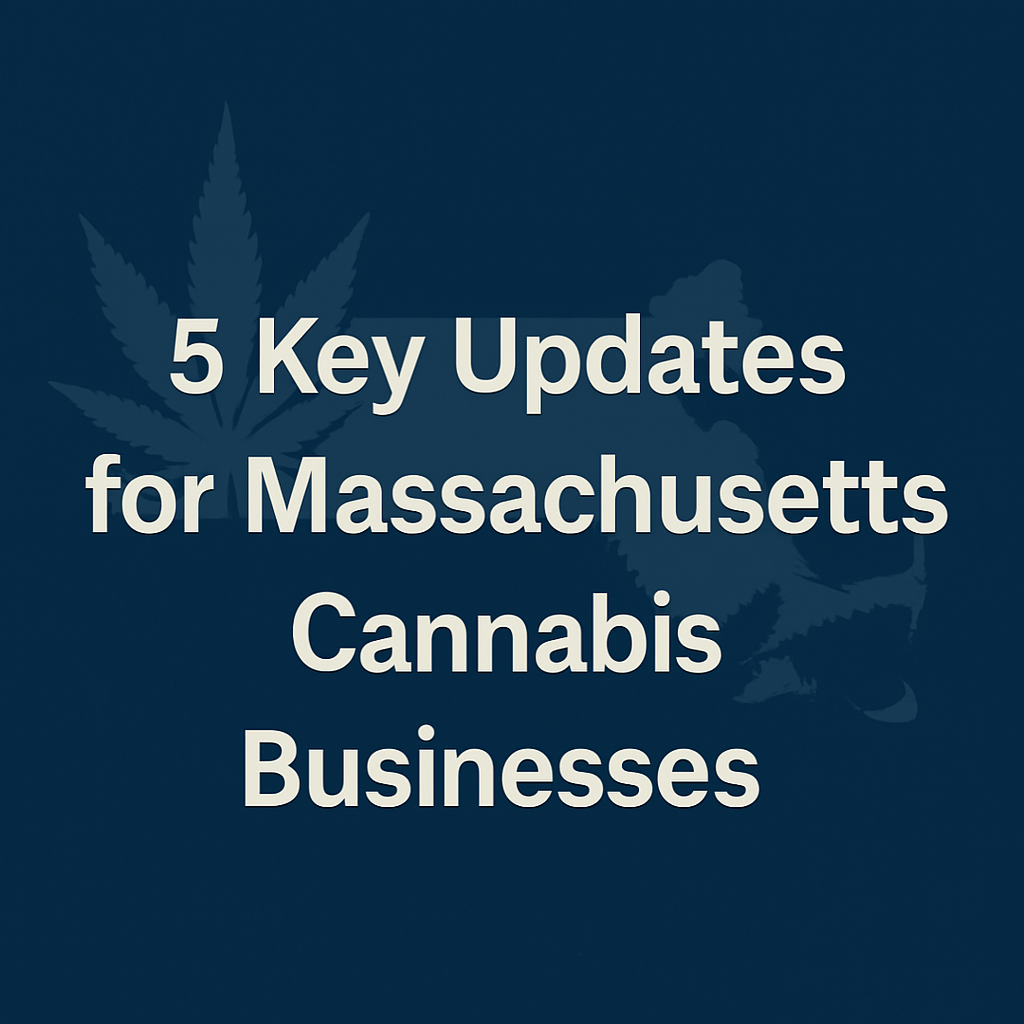Massachusetts cannabis businesses are on the brink of a significant shift: the long-awaited introduction of social consumption lounges is finally moving forward, and yes these license types will need Massachusetts Responsible Vendor Training too. At a recent meeting, the Massachusetts Cannabis Control Commission (CCC) took key steps toward laying the regulatory foundation for social consumption. While the rollout won’t happen overnight, it marks a crucial moment for the state’s evolving cannabis landscape.
Here’s what you need to know about what’s coming next—and how Massachusetts Responsible Vendor Training will play a vital role.
1. Massachusetts Cannabis Businesses May Soon Offer On-Site Consumption
For years, the idea of cannabis lounges—places where consumers can safely and legally consume cannabis in public—has been on hold. Now, the CCC is making progress on three specific license types:
- Supplemental licenses for existing Massachusetts cannabis businesses
- Hospitality licenses for new lounges, cafes, or yoga studios
- Event organizer licenses for temporary cannabis events
These license types will allow more diverse and flexible business models, opening doors for innovation and community engagement. However, implementation will take time. The final regulations are expected to be completed by mid-2025, followed by a significant setup phase before doors open.
2. Cannabis Businesses Must Prepare for Massachusetts Responsible Vendor Training Updates
One of the most crucial components of the social consumption rollout is ensuring public safety. That means Massachusetts Responsible Vendor Training programs will need to expand. The CCC requires a specialized 4-hour training requirement for staff at social consumption venues, including instruction on:
- Recognizing signs of impairment
- Handling medical emergencies
- Verifying IDs and preventing underage access
- Repackaging unused product responsibly
If you operate or plan to launch a Massachusetts cannabis business that includes social consumption, you’ll be required to ensure all relevant staff complete this new training. Vendor training updates are expected to be finalized alongside the new license types.
3. Hospitality Licenses Present New Opportunities—Especially for Social Equity Applicants
The CCC made a conscious effort to reduce barriers for small and minority-owned businesses. For example, the hospitality license fee was cut from $10,000 to $5,000 to encourage participation from businesses like Black- and brown-owned lounges, cafes, and yoga studios.
This is a big opportunity for social equity applicants and Massachusetts cannabis entrepreneurs looking to carve out unique, experience-based niches.
4. Public Safety Is Front and Center in the New Rules
From mandatory cool down spaces stocked with water and CBD to required transportation plans for impaired patrons, safety is a cornerstone of the new regulations. In fact, cannabis sales must end 30 minutes before closing to ensure guests don’t overconsume right before departure.
The CCC has worked closely with public safety officials, including the Massachusetts Municipal Police Training Committee, to create enforceable, common-sense policies. Massachusetts cannabis businesses will need to incorporate these safety elements directly into their licensing applications.
5. Cities Must Opt In—And That Takes Time
One of the final hurdles? Local adoption. The CCC noted that cities and towns must formally opt in to allow social consumption, which they can now do by changing local ordinances—no more public referendums required. However, this still involves time, coordination, and education.
Communities will need guidance, and the state must update its systems to support the new license categories. As Commissioner Nurys Camargo said, “Massachusetts has waited long enough for social consumption. We gotta get it right.”
Final Thoughts: Start Preparing Now
If you’re a Massachusetts cannabis business, now is the time to begin planning. Whether you want to expand into social consumption, open a new hospitality space, or host cannabis-friendly events, the groundwork is being laid.
Responsible Vendor Training in Massachusetts will evolve to meet these new demands, and staying compliant will be crucial to getting licensed and maintaining good standing.
At the end of the day, social consumption could redefine cannabis culture and business in the state. But success will depend on thoughtful planning, compliance, and education—exactly what responsible operators are already doing.
Need Massachusetts Responsible Vendor Training or help launching a compliant social consumption business? Reach out to our team—we specialize in helping cannabis entrepreneurs navigate licensing, SOPs, and training across Massachusetts.





